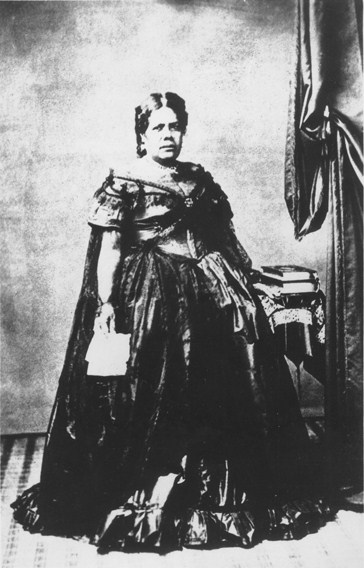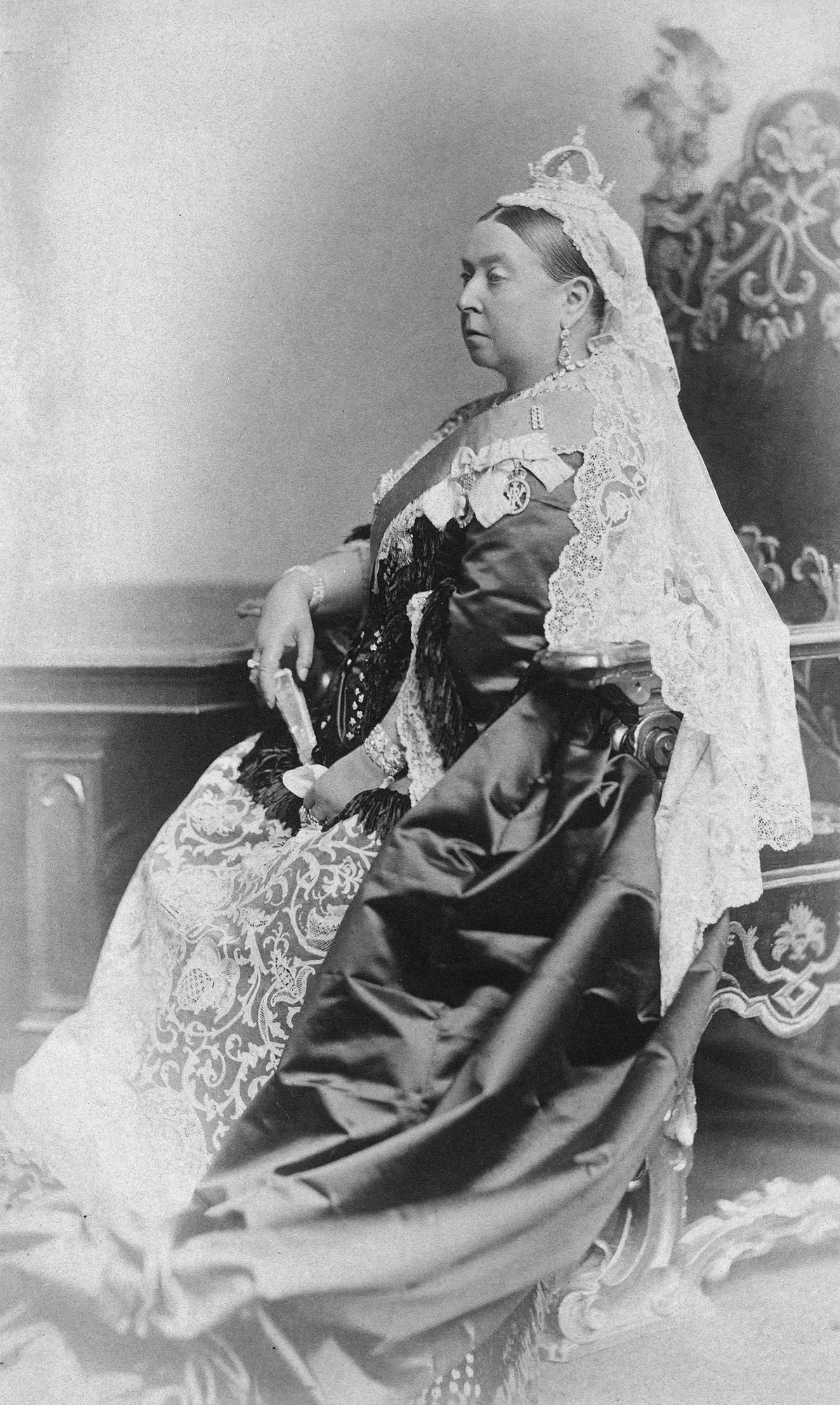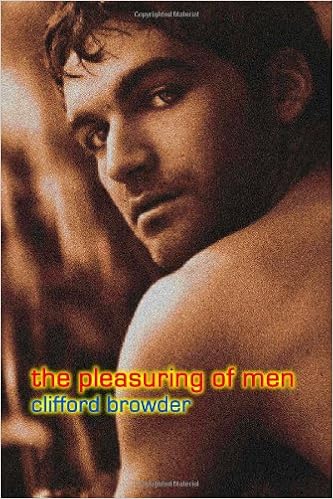For six LibraryThing prepublication reviews of Bill Hope:
His Story by viennamax, stephvin, Cricket2014, Shoosty, terry19802, and graham072442, go here and scroll down.
* * * * * *
In honor of Mother’s Day I have decided to discuss
matriarchs, though a matriarch is not necessarily a mother, and a mother is not necessarily a matriarch. Even in supposedly
patriarchal societies, matriarchs rule with a heavy hand. They come in all sizes, shapes, and
persuasions, but for me the quintessential matriarch is WASP to the core:
dominant, often prejudiced and set in her ways, but with an admirable sense of
social responsibility and justice. If
someone does her a service, she will certainly repay them in some way; not to
do so would be reprehensible. Interspersed in the text that follows are photographs of matriarchs of various societies; see if you can find any common denominator.
 |
| Mathilda Wahlberg von Reis (1827-1917), a Swedish matriarch. |
Long ago, reading a biography of Edith Wharton, I
encountered a description of one of her grandmothers who was certainly a
matriarch. An elderly widow, she could
no longer handle the stairs in her brownstone, so she had moved downstairs into
a rear parlor. When, at her insistence,
the family assembled in the front parlor, her ample presence, enthroned in an
armchair, was carried by four sweating cousins.
That brief mention sets the scene perfectly; who can doubt but that this
woman radiated power?
 |
| Analea Keohokalole (1816-1869), a Hawaiian matriarch. |
Have I myself known matriarchs? My maternal grandmother was a soft and gentle
soul, the wife of a judge, but no matriarch.
My paternal grandmother, on the other hand, had a firm and spiny quality
to her, and was full of sound, good sense.
She must have shown rare intelligence right from the start, for her
father had her attend a local college in Indiana that was just beginning to
admit women. When her husband, my
father’s father – a brilliant young lawyer spoiled by his adoring mother and
sisters – became a hopeless alcoholic with no sign of recovery, she divorced
him, wanting no alimony, and sent her four young sons out on the street to sell
newspapers. Divorce was rare in those
days, but Grandmother Browder wanted no more of a pathetically addicted
spouse.
Living with my Aunt Emma and her husband on the near south
side of Chicago, my grandmother often visited us in Evanston, just north of the
city. I can still see her arriving at
the door dressed in sober black, a rather lean and bony figure with a tasseled
cane. She often sat down with me and
told me stories from the Bible, which she didn’t take literally, usually finding
some natural explanation for seeming miracles.
But she was full of practical advice as well. “Hal,” she told me more than once, addressing
me with my childhood nickname, “don’t ever be afraid to talk to a
politician. They have to listen to you.” She
should know; by approaching local politicians she got all her sons jobs as
pages in the state legislature in Indianapolis, and by approaching Indiana’s
two senators and her congressional representative she got her youngest son into
Annapolis. And this back when women were
supposed to stay locked in the domestic sphere and couldn’t vote. She was a great talker, but so were all her
family. At the dinner table they would
all talk at once, voicing strong opinions, and she often found herself looking
from one diner to another to find a listener, and usually settled on me. Since in such circumstances she was hardly
dominant, perhaps she isn’t quite the quintessential matriarch.
 |
| Phoebe Apperson Hearst (1842-1919), matriarch of the Hearst family, mother of the journalist William Randolph Hearst. |
A true matriarch was the maternal grandmother of my friend
Spenser, who told me stories of her. She
was from south Evanston, nearer Chicago, and viewed residents of north Evanston
like my family with just a trace of suspicion; we were newcomers, definitely
not old money, intruders muddying the waters of settled Evanston society. Even her son-in-law, Spenser’s father, was
slightly suspect, bringing to the family solid money but little social position
or prestige. When Spenser was about nine
he heard Grandmama tell his mother, unaware of his presence nearby, her opinion
of King Edward VIII of England
abdicating the throne so he could marry Wallis Warfield Simpson, an American
socialite and – horrors! – a divorcee.
“He has abandoned the ship of state,” she announced, “for a tramp
steamer!”
Poise and presence of mind she certainly had. Spenser told me how she hosted the family’s
Thanksgiving dinners. On one memorable
occasion Lily, her African American servant, entered with the turkey on a
platter while beaming a triumphant smile, then tripped and, to the dismay of
all, sent the turkey rolling across the floor.
“That’s quite all right, Lily,” said the grandmother. “Bring in the other turkey.” So Lily
retrieved the fallen turkey, disappeared into the kitchen, and minutes later,
walking very carefully, entered the dining room again with the “other” turkey,
and a good dinner was had by all.
 |
| Neneh Houca, circa 1981, a Senegalese matriarch. |
Matriarchs have often been presented in films. Joan Crawford repeatedly played variations of
the queen bee, and Jo Van Fleet could do such roles marvelously. They are the kind of role that veteran
character actresses long for. In
theater, Lady Bracknell in Oscar Wilde’s The
Importance of Being Earnest usually steals the show with her mannered
speech and arrogance. A more recent
example is found in Tracy Letts’s award-winning play August: Osage County, where Violet Weston dominates her family,
reassembled after the death of her husband; though addicted to prescription
drugs, she is ruthlessly assertive.
In his novel A House
for Mr. Biswas, V.S. Naipaul describes an Indian family in Trinidad, the
Tulsis, who live together communally in the same decaying house and are
dominated by a matriarch. Whenever
anything untoward occurs – usually the fault of a son-in-law – the mother falls
into a state of collapse, and the daughters cluster attentively around her,
while the sons-in-law stand about helplessly, and the children, seeing that no
one is watching over them, run wild.
Which shows that seeming vulnerability is yet another way to dominate a
family.
 |
| Queen Victoria, 1887. They don't come more matriarchal than this. |
A matriarch of a different sort was the mother I heard about
in a moving story narrated by one of her sons on the radio. When he announces to his family that he is
gay, all seems to go well, but he soon learns otherwise. While he is away in college his mother
instructs the family to assemble all his belongings in the back yard – his
books, clothing, photographs, everything -- and when they have done so, she
sets fire to the pile and watches as the flames consume the last vestiges of
her absent son. Her authority is such
that no one objects or interferes. The
son soon learns that he is no longer welcome in the house and spends the next
several years in a state of shock and dismay.
Finally, having received no answer to his letters, he confronts his
mother at her office. When she comes down
the hall and sees him there, unannounced, she quietly turns her back on him and
retreats, having said not a word. They
never see each other again, and only after her death is he able to communicate
with other family members, who did not approve of her action but could not in
any way change it. Such is the matriarch
at her fearful worst.
Another breed of matriarch was described to me by a friend
of a friends who once visited acquaintances in a small Southern town. Dominating society there was a lady of the
old school, perhaps a widow, who when she walked down the street was greeted
respectfully by name, with a tipped hat, by every man who crossed her
path. When the Northern visitor, whose
name was O’Malley, was introduced to her in her home, she quietly remarked, “I
don’t suppose a Yankee has been in this house since the Civil War. And your name is O’Malley – Irish, of course,
and that means Catholic.” A long pause,
then: “Mr. O’Malley, I hope we can be friends.”
With this invitation, and the handshake that accompanied it, history was
made.
* * * * * *
BROWDERBOOKS: No Place for Normal: New York / Stories from the Most Exciting City in the World, my selection of posts from this blog, has received these awards: the Tenth Annual National Indie Excellence Award for Regional Non-Fiction; first place in the Travel category of the 2015-2016 Reader Views Literary Awards; and Honorable Mention in the Culture category of the Eric Hoffer Book Awards for 2016. For the Reader Views review by Sheri Hoyte, go here. As always, the book is available from Amazon and Barnes & Noble.
 |
The Pleasuring of Men (Gival Press, 2011), the first novel in the Metropolis series, tells the story of a young male prostitute in the late 1860s in New York who falls in love with his most difficult client It is likewise available from Amazon and Barnes & Noble.

Coming soon: The legendary Chelsea Hotel, where artists and writers rubbed elbows with junkies and deadbeats, and the manager denied that anything was amiss, when the police brought a tenant down in a body bag.
© 2017 Clifford Browder




